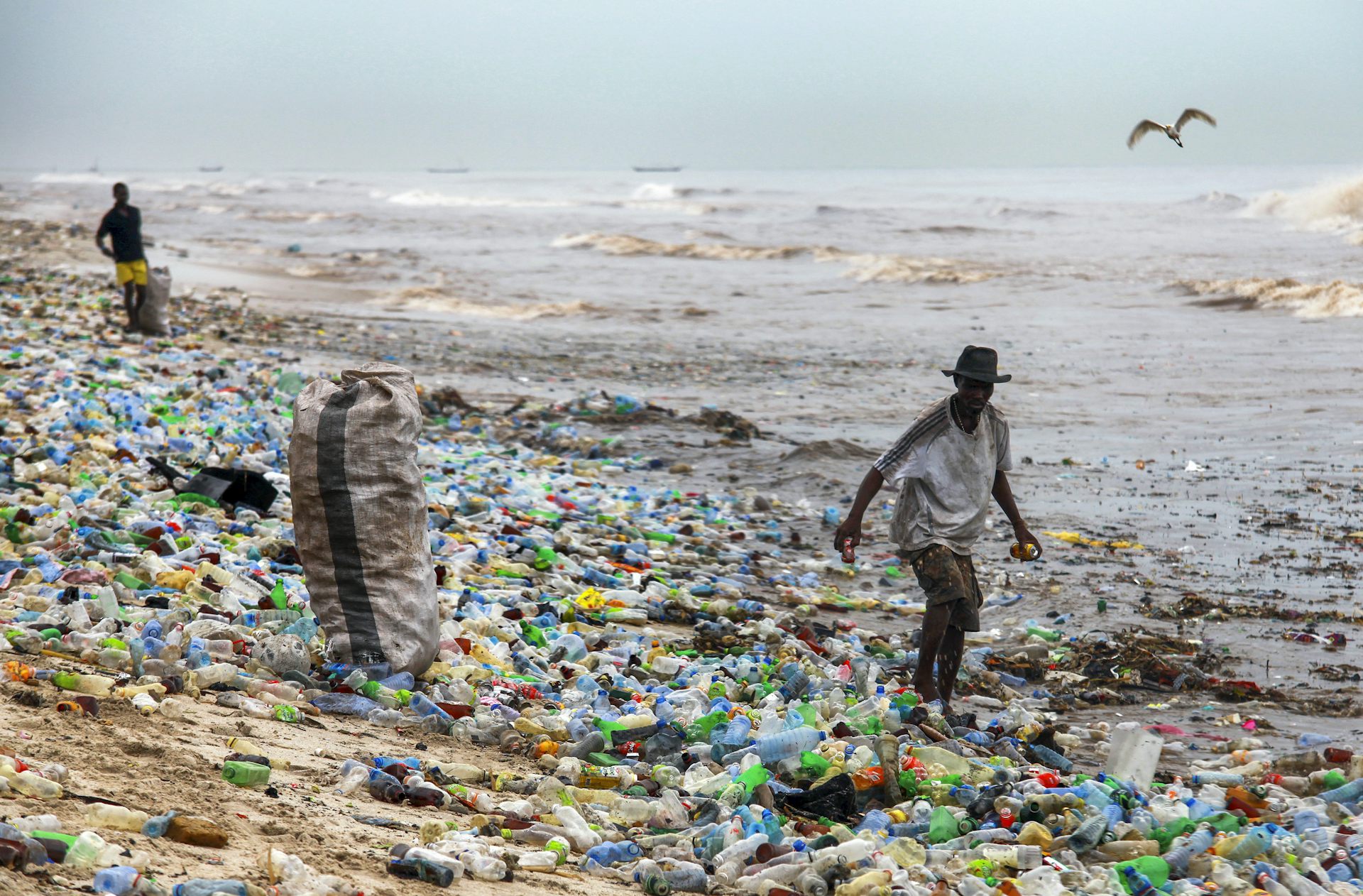
Cyclone Idai tore through Zimbabwe, Malawi, and Mozambique and devastated local communities. Hundreds were killed and more than a million people were displaced.
Much of this devastation occurred in southern Africa’s rapidly growing coastal cities. The city of Beira in Mozambique, which faces rising sea water, was nearly wiped out entirely.
How do African cities grow and develop in a sustainable way to confront climate change?
The international community and African governments are aware of the emerging challenges of climate change. Beira, for example, invested $120 million in a drainage and water detention project to deal with rising seawater.
But mismanagement and booming population growth continues to place pressure on cities’ poor infrastructure. Therefore, people in Africa who live in urban areas are often forced to confront climate change on their own.
My new book Democracy in Ghana: Everyday Politics in Urban Africa suggests that people in Africa who live in urban areas confront these challenges in a contentious political environment. The distribution of resources and the building of infrastructure take place in a political struggle over control of the city. In particular, informal settlement and claims to urban space continue to structure everyday politics in Africa’s cities.
During my fieldwork, I found that urban development is shaped by relationships between those who claim they’re from a particular place – or indigeneity – and the rest. Groups native to a territory hold special rights and entitlements. The relationship between the hosts and migrants often dictate the politics of neighbourhoods.
These forms of everyday politics boil over into multi-party politics and municipal governance. Focusing on everyday politics can help explain why public policies are enacted, but also why powerful interest groups undermine policies that might improve the public good.
The case of Accra
In my view the everyday politics of urban neighbourhoods can help explain why the capture of public goods for private gain, and sustained ethnic politics continue to undermine urban development. Sustainable urban development, therefore, is not just a technical endeavour. It requires local political solutions.
Take Accra, Ghana, where I conducted my fieldwork. Like Beira, Accra faces rising sea levels. It also faces a growing population living in substandard conditions, and annual flooding that displaces residents and often kills several people.
Accra’s squatter settlement Old Fadama – called Sodom and Gomorrah by locals – is often blamed for the floods. Residents in the neighbourhood have settled in what authorities deem an uninhabitable, marshy swampland. They are accused of disposing their waste in the surrounding Korle Lagoon, which some blame for drainage problems across the entire city.
But the scapegoating of Old Fadama is political.
Accra Metropolitan Assembly officials appointed by the President are responsible for managing the city for all residents. But many have close ties to powerful local chiefs who want to reclaim the “invaded land” from migrant squatters.
Powerful indigenous families rally support from neighbouring citizens, especially those in the oldest quarters of the city who see incoming migrants as a threat to their control of the city. Politicians magnify this dispute in Parliament, hoping to score cheap political points.
The most problematic consequence is the undermining of collective decision-making and cross-ethnic interactions in the neighbourhoods themselves. Leaders and residents are forced to govern themselves in the absence of the state. And they are able to mobilise residents in the event of a demolition or eviction threat. But the development of long-term, pro-poor, decision-making pathways are compromised for short-term solutions and personalistic politics.
The case of Ashaiman
It does not have to be this way. The case of Ashaiman, a rapidly growing city outside Tema, a port city near Accra, provides an example of what can happen when leaders from diverse ethnic groups come together to govern themselves.
Ashaiman started as a squatter settlement in the 1960s. Indigenous landowners and migrant leaders agreed on land distribution at the early stages of urban development. This partnership has been tested throughout Ashaiman’s history, but residents constantly negotiate and renegotiate these agreements.
Today, while Ashaiman’s leaders certainly have their political differences, they are on the same side in their demand for improvements to the city. And they are on the same side of the fight for more local autonomy. This collective strength is an important ingredient in local communities’ ability to confront challenges like climate change in the future.
Community engagement
Evidence from other parts of the world shows that social capital and community engagement is central to building resilient cities and combating climate change.
Even in Cyclone Idai, some communities with strong, proactive leaders and collective action capacity prepared for the floods and were able to thwart disaster.
The international community, central governments, and municipal authorities must support sustainable development policies. But their success depends on the implementation and management by residents in the very neighbourhoods most affected by climate change.![]()
Jeffrey W Paller, Assistant professor, University of San Francisco
This article is republished from The Conversation under a Creative Commons license.


